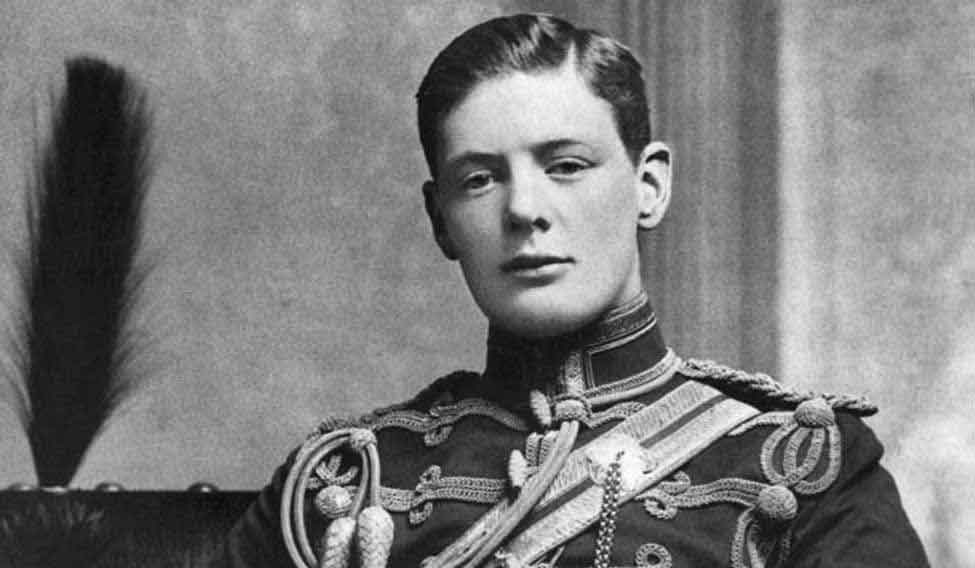
The start of the war in France is followed by the Admiralty and Fisher, and the naval battles of Coronel and the Falklands. The design and ordering of the British dreadnought fleet has a chapter, given his involvement. "Algeciras was a milestone on the road to Armageddon." (pp. 32–33) Again over Agadir and the French in Morocco in 1911 Germany was "prepared to go to the very edge of the precipice", and was surprised by the British reaction (the Mansion House speech of Lloyd George). Churchill comments on German "threats of war" over recognition by Serbia of the Austrian annexation of Bosnia and Herzegovina in 1908, which led to talks between the British and French General Staffs over concerted action in the event of war. Volumes Volume I: 1911–1914 (published 1923) Īlthough nominally starting in 1911 when Churchill became head of the Admiralty, the narrative commences in 1870 with the Franco-Prussian War and ends with Turkey and the Balkans. The reception was generally good, but an unnamed colleague said, "Winston has written an enormous book about himself, and called it The World Crisis." Arthur Balfour said he was reading Churchill’s "autobiography disguised as a history of the universe". He justified his position and actions such as on the Dardanelles Campaign. In 1922, he had purchased Chartwell, a large house requiring expensive repairs and rebuilding. The first (American) advances enabled him to purchase a new Rolls-Royce in August 1921. Successive volumes were published from 1923 to 1931 by Thornton Butterworth in England and Charles Scribner’s Sons in America. The question of copyright and of quoting confidential government documents was raised by Bonar Law, but other authors, including Fisher, Jellicoe and Kitchener, had already used such documents in writing their own memoirs. Geoffrey Dawson of The Times had suggested The Great Amphibian. The title was settled as The World Crisis rather than Sea Power and the World Crisis.
#Lost masterpiece of sir winston churchill serial#
The news he was writing about the war was all over London he chose The Times for the serial rights rather than the magazine Metropolitan, and with advances from his English and American publishers, he told a guest in 1921 that it was exhilarating to write for half a crown a word (a pound for eight words). Rhodes James further comments, "Churchill’s literary work showed a certain decline in the 1930s" and that his Marlborough and A History of the English-Speaking Peoples have more of a rhetorical note than The World Crisis. After it, anything must appear as anticlimax". The British historian Robert Rhodes James writes: "For all its pitfalls as history, The World Crisis must surely stand as Churchill’s masterpiece. Magnificently written, it is enhanced by the presence of the author at the highest councils of war and in the trenches as a battalion commander". His American biographer William Manchester wrote: "His masterpiece is The World Crisis, published over a period of several years, 1923 to 1931, a six-volume, 3,261-page account of the Great War, beginning with its origins in 1911 and ending with its repercussions in the 1920s. 2 as "a contribution to history of which note should be taken together with other accounts." Churchill denied it was a "history," describing the work in Vol.

The World Crisis is analytical and, in some parts, a justification by Churchill of his role in the war.

Published between 19: in many respects it prefigures his better-known multivolume The Second World War. The World Crisis is Winston Churchill's account of the First World War, published in six volumes (technically five, as Volume III was published in two parts).


 0 kommentar(er)
0 kommentar(er)
